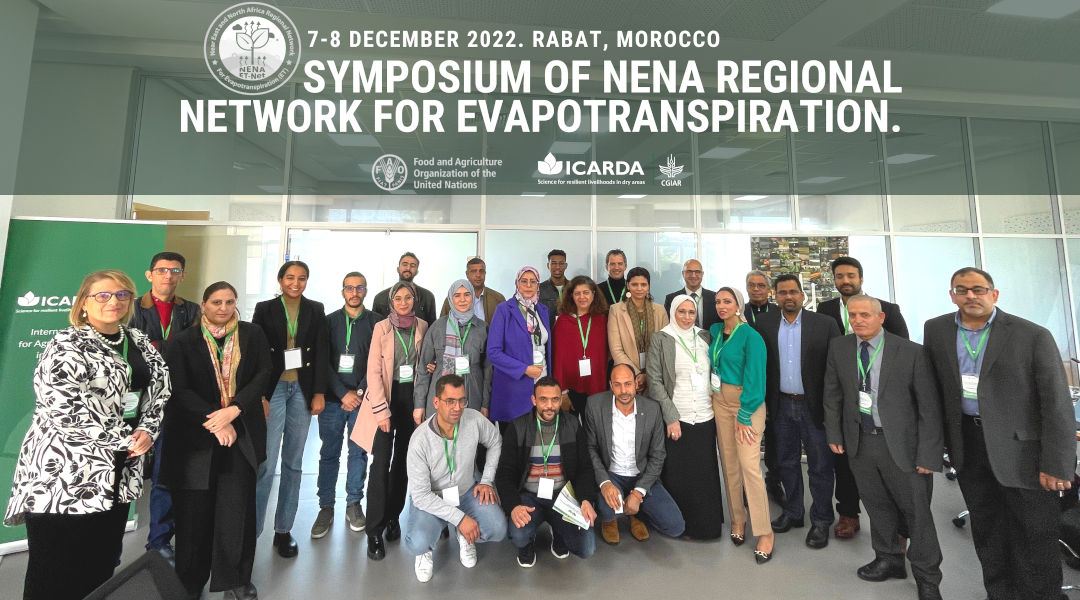
Country manager: Hassan Machlab
Overview
Although ICARDA does not have an office in Palestine, our scientists have been working closely alongside the Palestinian NARC since 1999 to create a vibrant agricultural innovation system, which aims to ensure the resilience of the agricultural sector and contribute to the development of the Palestinian economy with support from Arab Fund for Economic and Social Development (AFESD), OPEC Fund for International Development OFID, and the German Federal Ministry for the Environment, Nature Conservation, and Nuclear Safety (BMU).
The area of arable land is estimated at 1.2 million dunums (120,000 ha) which amounts to 21% of the total area in the West Bank and Gaza area. Ninety percent of the arable land is located in the West Bank, while only 10% is in Gaza. The rain-fed area accounts for 77% and the irrigated area is only 23% of total agricultural land. The grazing and pasture area is estimated at 2.02 million donums (202,000 ha), of those, the area available for Palestinian farmers is limited to 621 thousand donums (621,000 ha) due to limitations imposed by the occupation.
Activities
- ICARDA teamed up with the NARC to establish two seed producer groups in Tubas and Jenin, as a means of raising production volumes, increasing profits through joint marketing, and enhancing technical feasibility.
- The introduction of conservation agriculture to Palestinian smallholders (the practice of minimizing soil disturbance, maintaining soil cover, and rotating crops to improve soil fertility and eliminate the efforts and costs associated with plowing).
- Demonstration and dissemination of climate-resilient, drought tolerant, disease and pest-free crop varieties.
- Applied research on managing biotic and abiotic risks to increase the resilience of the wheat-based cropping system.
- Regional workshops have targeted improved value chain analysis, enhanced innovation platforms, socioeconomics, and strategies to reduce food waste.
- Cross-country visits of scientists and extension agents have provided valuable new learnings on the application of agronomic techniques, improved varieties, and dissemination strategies.
- The introduction of FAP.
IMPACT
- More than 22 tons of high-quality seeds from newly introduced varieties were distributed to 150 farmers from Hebron, Jenin, Nablus, Ramallah, and Tubas governorates.
- A total of 176 tons of certified seeds and 230 tons of straw were produced by the seed producer groups.
- More than 20 wheat varieties, five faba bean, and six lentil varieties were evaluated with the participation of farmers in different locations in Palestine.
- More than 50 farmers, 25 extension agents, and six researchers were trained on seed purification and variety maintenance.
- Conservation agriculture techniques led to an average yield increase of 23% in the target areas in Palestine.
- A total of 36 demonstrations on the FAP approach were implemented at farmers' fields to collect and identify pollinators and increase crop productivity.






